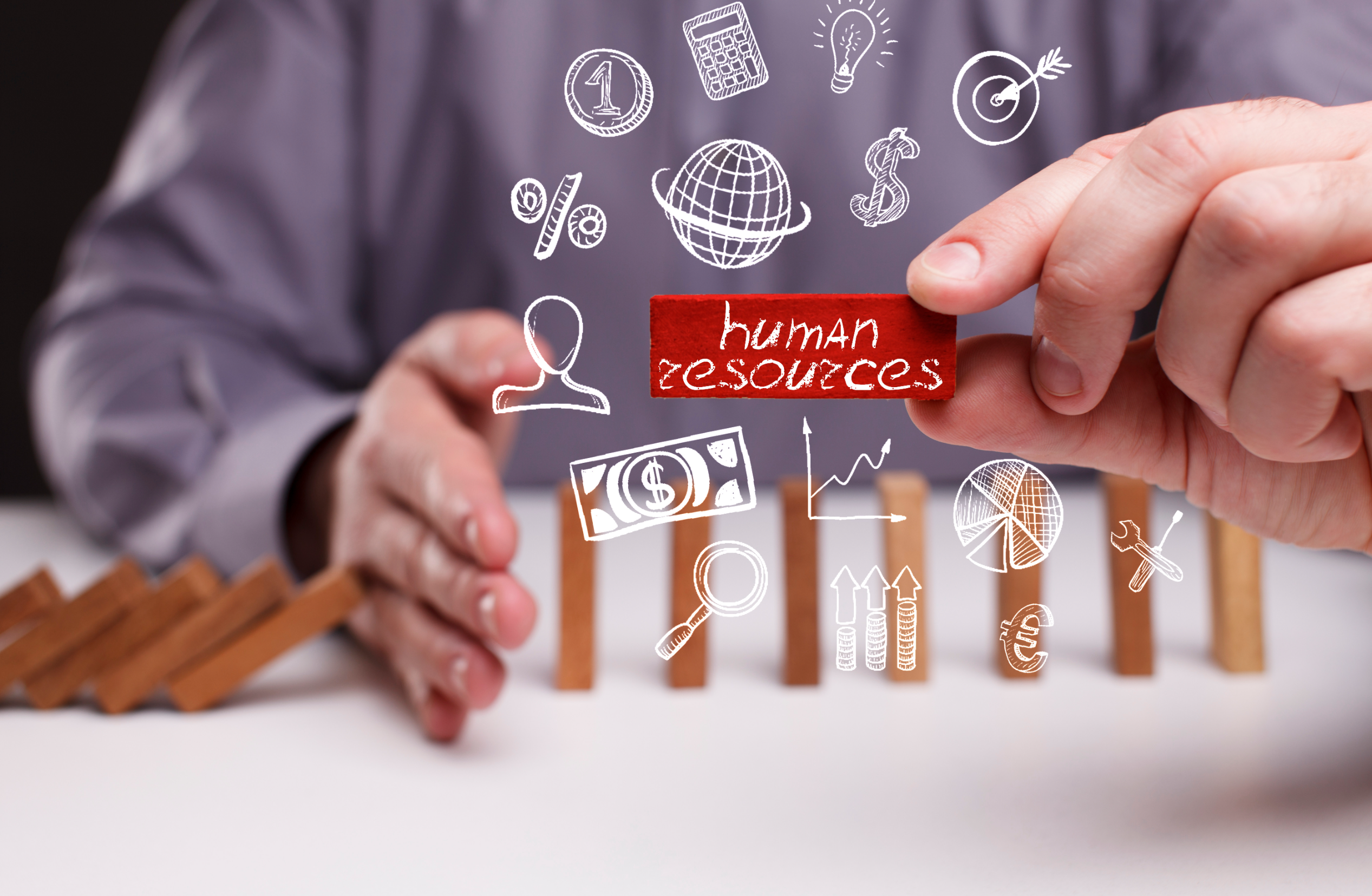Reinvigorating your workforce to be future-ready
- Shawn Liew

The pandemic has transformed the learning landscape and pushed the pace of change into overdrive, said Stephen Choo, Managing Director, DSRInsight.
Serving as moderator at a recent SAP SuccessFactors webinar titled, Reinvigorating Your Workforce to Be Future-Ready, Choo cited the World Economic Forum, which predicted that by 2022, 40% of the core skills required to perform existing jobs are expected to change, while a further one million workers will need to be reskilled by 2030.
Digital skills are likely to be a top priority for many organisations, highlighted Dr Esther Loo, Head of Organisational Design & Effectiveness, Malaysia Airlines, who shared how the pandemic has compelled the airline to re-evaluate priorities, including going digital.
She added, “While some employees embrace the opportunity to learn, others feel a large amount of pressure and frustration in having to adapt and reskill. Therefore, ensuring the well-being of our people is equally important – we need to help our people learn to cope with stress and create a better work-life balance, so they can stay healthy and productive.”
There is currently a lot of anxiety relating to financial stability, said Sujay Bhat, HR Strategy Advisor, SAP SuccessFactors, South-East Asia. Employees, he explained, are eager to understand how they can increase their lifetime value to their organisation and how they can contribute, and reskilling has an increasingly important role to play.
Describing how learning has become very self-based and personalised, Bhat continued, “Employees today need to proactively learn to grow or maintain a stable career, and a lot of learning today is based on observing what colleagues and peers are doing.”
Agreeing with Bhat that the learning landscape has changed, Dr Mak Met, Senior Vice President, Human Resources, Sarawak Energy, highlighted how digital tools have enabled employees of Sarawak Energy to learn anything, anywhere, and anytime in an increasingly virtual work environment.
Deploying HR tech to upskill and reskill employees
Reflecting on Sarawak Energy’s digital transformation journey, which started a few years before the pandemic was part of the equation, Dr Mak revealed, “Initially, employees were resistant. Why change something that is working, they asked. Today, all leaders and employees realise how important it was for us to us to start our digital initiative.”
With the continued support of SAP SuccessFactors, all of Sarawak Energy’s HR systems are digitalised, with all learning activities also conducted online. While employees were trained in how to use digital tools and systems, creating the right mindset and culture is equally critical, Dr Mak cautioned.
“You need to create an employee value proposition, and let employees know how any change benefits and enables them in their work,” he explained.
For Malaysia Airlines, targeted learning is the preferred approach, with targeted courses offered to different segments of employees to meet their interests and which are relevant to their roles.
However, Dr Loo was quick to point out that throughout the pandemic, employees have demonstrated their agility in changing and adapting by embracing reskilling opportunities before taking on new roles within the organisation.
As to what is the most important and fundamental skill for Malaysia Airlines, she replied, “Communication skills. Our people working in various departments are connected through our communication channels and we need to ensure they are skilled in being able to communicate effectively.”
Looking ahead, Dr Loo also identified the retention of top talent as one of Malaysia Airline’s biggest challenge as the Great Resignation gains momentum globally. To address this challenge, Malaysia Airlines is focused on developing employees and creating a cohesive culture to build a more resilient and adaptable workforce.
READ: Why employee experience and technology are key for success
Learning can no longer be generic, and organisations need to create personalised experiences for employees, SAP SuccessFactors’ Bhat emphasised. Technologies such as artificial intelligence (AI) and machine learning provide algorithms to allow employees to see what their peers are learning and identify if the learning programme is relevant for them.
“Technology plays a role from an administrative and end-user point of view in deciding how employees learn, when they learn and are the sizes of the content elements they learn,” Bhat said.
In conclusion, the panelists urged organisations to continue to build resilience, innovation, and a growth mindset, as Sarawak Energy’s Dr Mak said, “Keep learning and be able to adapt and turn negativity and chaos into opportunities – that is the essence of a growth mindset.”
The webinar session is the third under the Leading the Change series of webinar sessions organised by SAP SuccessFactors, which is designed to help and guide global CHROs through their HR and people priorities for 2021.






